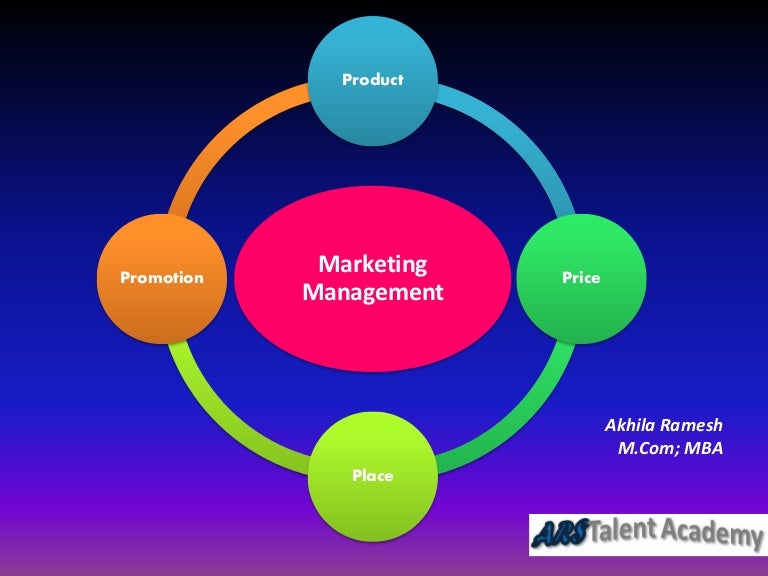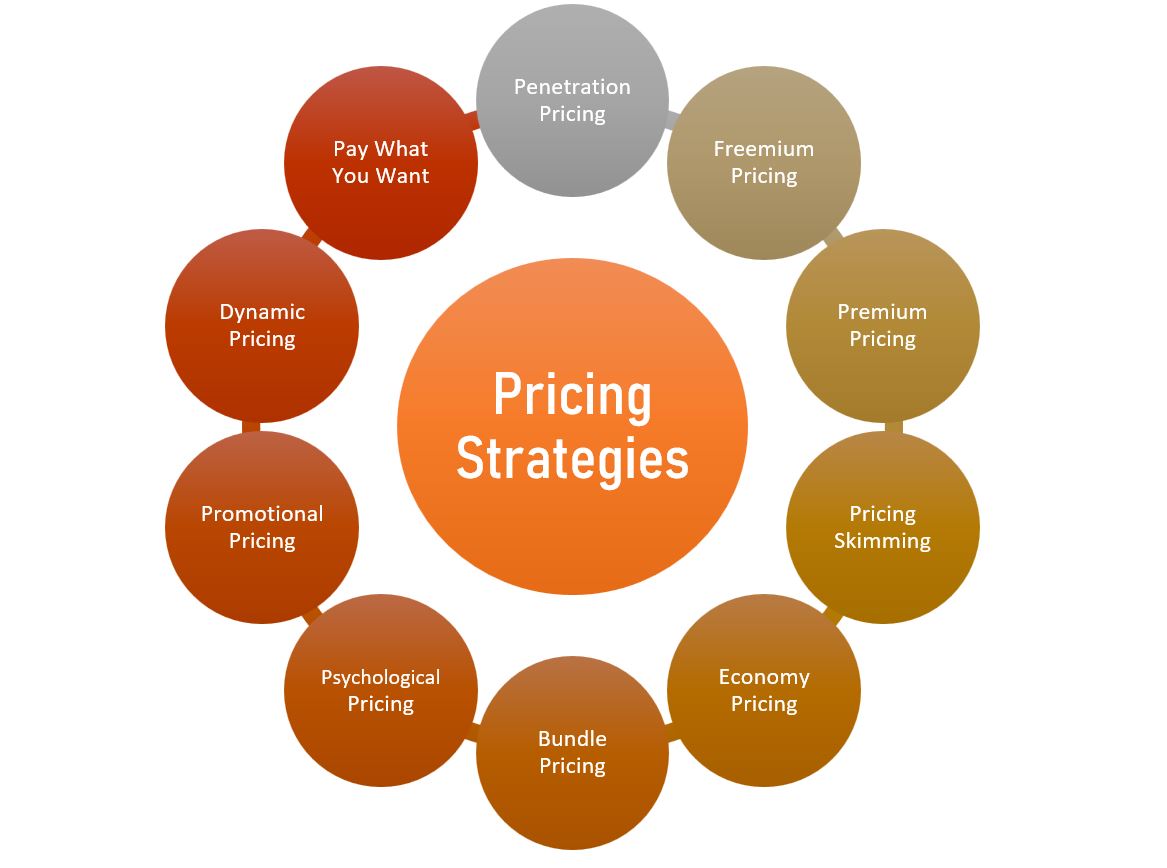Introduction
Marketing is dead. Or so you've been told. In a world saturated with ads and messages, people have become experts at tuning out the noise. But what if there was a way to break through the clutter? What if you could make your brand unforgettable? This guide on marketing management is here to show you how to do it. We will explore unconventional strategies, debunk myths, and provide you with practical tools to revolutionize your marketing approach.
What is Marketing Management?

Marketing management is the process of planning, executing, and overseeing the strategies and tactics used to market a company's products or services. It involves understanding consumer needs, creating value, and fostering strong customer relationships.
An effective marketing management course ensures that marketing efforts align with the company's overall objectives, adapt to market changes, and achieve competitive advantage. It integrates various functions such as branding, advertising, and customer service to drive growth and profitability.
Creating a Marketing Management Strategy

Crafting a marketing management strategy is vital in today's competitive landscape. It's about more than just promoting products. It's about aligning your business goals with your marketing efforts to create a coherent plan that drives results.
Setting Goals and Objectives
Clear goals and objectives are the foundation of any successful marketing management strategy. Imagine a small bakery aiming to increase its online sales by 20% in six months. This specific goal helps focus efforts on creating compelling social media campaigns and improving the website through marketing management software.
Developing a Unique Selling Proposition (USP)
A USP differentiates your brand from competitors. Think of a local coffee shop that emphasizes its use of organic, fair-trade beans. This unique angle not only attracts eco-conscious customers but also sets it apart from chain stores.
Choosing Marketing Channels
Selecting the right marketing channels is crucial in a marketing management course. A startup fashion brand might find success on Instagram due to its visual nature and high engagement with fashion enthusiasts. On the other hand, a B2B software company might focus on LinkedIn for its professional audience.
Product Management

Effective Marketing Management involves not only promoting your products but also managing them strategically throughout their lifecycle.
Product Development
Product development is about creating products that meet customer needs. Picture a tech company launching a new smartphone. They gather feedback, design prototypes, and test features to ensure the final product stands out in the market. This process as marketing management software is crucial for delivering high-quality products that satisfy consumer demands.
Product Lifecycle
Understanding the product lifecycle helps businesses manage products from launch to decline. A popular soda brand might introduce a new flavor, see its sales peak, then eventually decline as consumer interest wanes.
Positioning and Branding
Positioning and branding define how customers perceive your product. A premium chocolate brand positions itself as a luxury item through elegant packaging and high-quality ingredients. This strong brand image differentiates it from ordinary chocolate bars and attracts discerning buyers.
Pricing Strategies

Pricing is a critical aspect of a Marketing Management course that can significantly impact sales and profitability. This section explores the importance of pricing, various strategies, and how to choose the right one.
Importance of Pricing
Pricing affects consumer perception and purchasing decisions. A budget airline offering low fares attracts cost-conscious travelers. However, if prices are too low, it may raise doubts about service quality. Balancing price and perceived value is key to success.
Different Pricing Strategies
Various pricing strategies cater to different market segments. A luxury car manufacturer might use premium pricing to emphasize exclusivity, while a discount retailer uses competitive pricing to attract bargain hunters. Each strategy serves a specific purpose and audience.
Choosing the Right Pricing Strategy
Choosing the right pricing strategy depends on your product and market. A new fitness app may start with penetration pricing to gain users quickly, then switch to a subscription model for sustained revenue.
Promotion and Advertising
Promoting and advertising your products effectively can significantly boost brand awareness and sales in marketing management.
Types of Promotion

The types of promotion in marketing management course includes:
Discounts and Sales: Retailers often run seasonal sales to attract new customers and clear inventory.
Special Events: Hosting events like product launches or webinars to engage with customers directly.
Loyalty Programs: Implementing programs to reward repeat customers and build brand loyalty.
Effective Advertising Techniques
The effectiveness of advertising techniques are:
Social Media Ads: Tech startups use visually appealing ads on platforms like Instagram and Facebook to reach a broader audience.
Influencer Partnerships: Collaborating with influencers to leverage their follower base and enhance credibility.
Content Marketing: Creating valuable content that educates and engages potential customers, positioning the brand as an industry expert.
Suggested Reading: Generative Adversarial Networks (GANs)
Measuring Advertising Success
To measure advertising success use:
Analytics Tools: Using tools like Google Analytics to track website traffic and conversion rates.
Customer Surveys: Collecting feedback to understand how advertising campaigns impact consumer perception and behavior.
Sales Data: Analyzing sales trends before and after campaigns to measure effectiveness.
Sales Management
Effective sales management is essential for converting leads into customers and maintaining high performance. This section covers sales techniques, team management, and CRM:
Consultative Selling: Focusing on understanding customer needs and providing tailored solutions, rather than just pushing products.
Training Programs: Regular training to equip sales teams with the latest skills and knowledge.
Performance Metrics: Setting clear targets and using metrics to track and reward performance.
CRM Systems: Implementing CRM software to manage interactions and data throughout the customer lifecycle.
Distribution Channels

Choosing the right distribution channels in marketing management ensures that your product reaches the intended audience efficiently.
Types of Distribution Channels
The types of distribution channels are:
Direct Sales: Selling directly to consumers via a company website or physical store.
Retail Partners: Collaborating with retail stores to distribute products to a broader audience.
Choosing and Managing the Right Distribution Channel
To choose and manage the right distribution channel in marketing management follow:
Market Research: Analyzing customer preferences and market trends to select the most effective channels.
Regular Audits: Conducting audits to ensure distributors are meeting performance and quality standards.
Digital Marketing

Digital marketing is a critical component of modern Marketing Management, driving online visibility and engagement.
Importance of Digital Marketing
The importance of digital marketing in marketing management are:
Reach: Digital marketing allows businesses to reach a global audience quickly and cost-effectively.
Measurable Results: Online campaigns can be tracked and measured with precision.
Key Digital Marketing Tactics
The key digital marketing tactics are:
SEO: Optimizing website content to rank higher in search engine results.
Email Marketing: Sending targeted emails to nurture leads and retain customers.
Social Media Marketing: Using platforms like Facebook, Instagram, and LinkedIn to engage with audiences.
Suggested Reading:
Measuring Digital Marketing Success
For measuring digital marketing success in marketing management use:
KPIs: Tracking key performance indicators like click-through rates, conversion rates, and ROI.
A/B Testing: Running tests to determine the most effective strategies and refine campaigns accordingly.
Frequently Asked Questions (FAQs)
Why is marketing management important?
Marketing management is crucial for understanding market demands, building brand awareness, and driving sales, ultimately contributing to business growth and profitability.
What are the key functions of marketing management?
Key functions of marketing management include market research, product development, pricing strategies, promotional activities, and distribution channel management.
How does market research influence marketing management?
Market research provides insights into consumer behavior, market trends, and competitive landscape, enabling informed decision-making and effective marketing strategies.
What role does digital marketing play in marketing management?
Digital marketing is essential for reaching a broader audience, leveraging online platforms for advertising, and utilizing data analytics to optimize campaigns.
How can marketing management improve customer satisfaction?
By understanding and anticipating customer needs, delivering value through quality products and services, and engaging customers through personalized communication and support.

